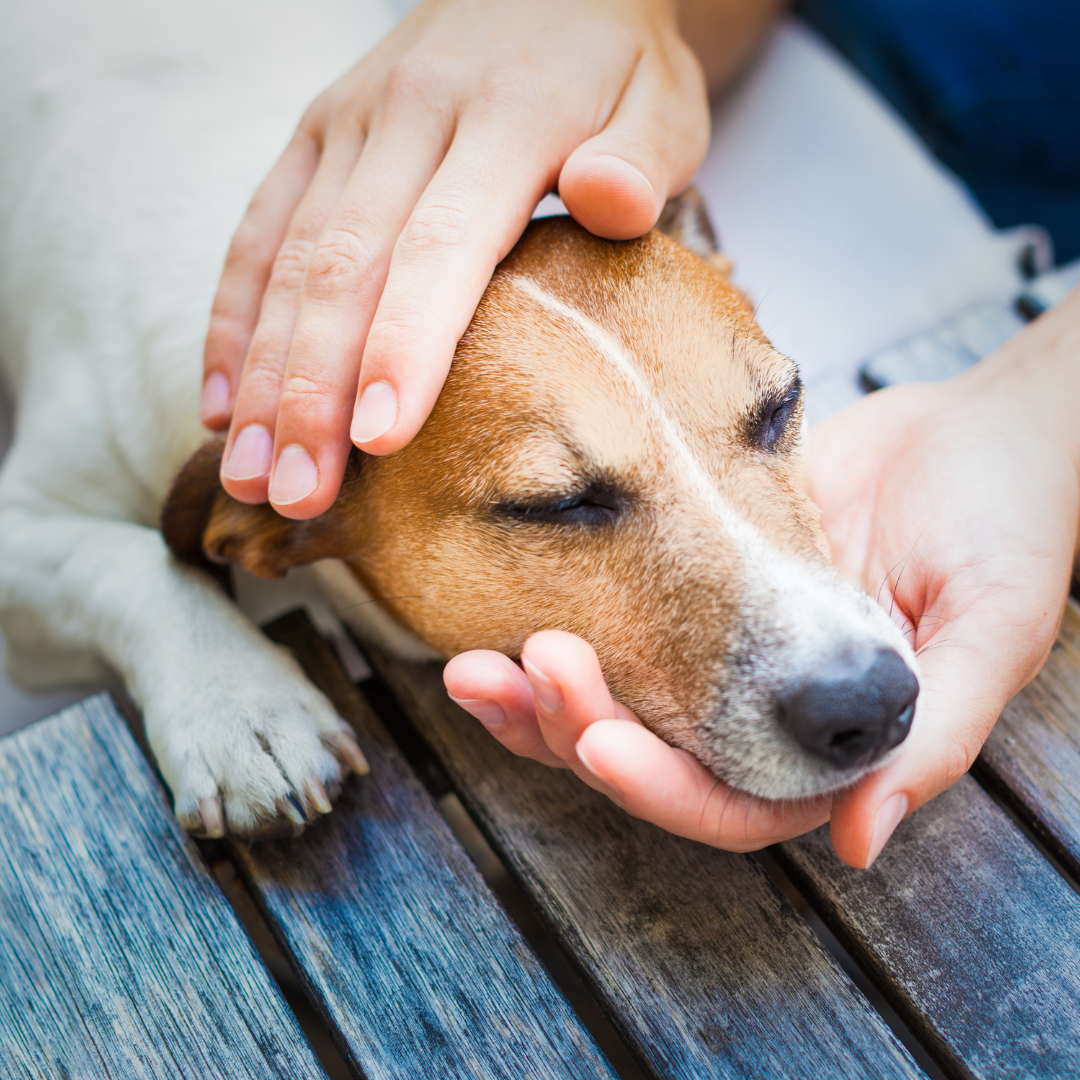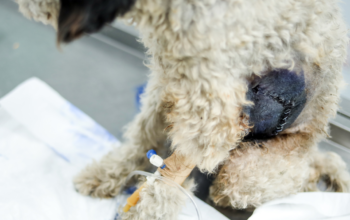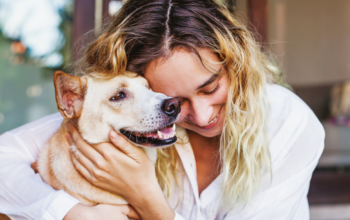Most of us consider our pets to be fairly harmless little creatures but did you know that many household products could harm or even kill them? Numerous household chemicals can be toxic to dogs and cats, including cleaning products, air fresheners, insecticides, plastic wraps, and candles, just to name a few. All of these products can cause poisoning, although certain types of poisoning are more likely than others, depending on the product. An easy way to make sure your pet is safe from harm in the home is to avoid having household chemicals around that they could potentially ingest.
You may be shocked to find out that some common household chemicals can be harmful to your pets. Some chemicals can be lethal to your pets! Items such as hairspray, nail polish remover, bleach, and air fresheners are toxic to your pets. Never allow your pets to drink from or bathe in the water you use in cleaning your home.
Rodent Poison
While pets aren’t typically as vulnerable to household chemicals as humans, they can still be poisoned by certain substances meant for other critters. I’ve heard many people asking “Actually, can you poison squirrels, raccoons, or other rodents?” and you should know that while the answer is yes, it’s a very ineffective and inhumane way of going about it. While rodent poison is effective on small creatures in your house, it can also damage your pet’s liver, kidneys, and stomach. Call your veterinarian immediately if a poisoned pet vomits, breathes in, or eats the poison. In any case, it would be better to explore humane and effective alternatives to protect your garden without causing harm to these creatures and keep your pets safe at the same time.
Mosquito Repellent
Mosquito repellents are used to prevent mosquito bites. They are used to protect dogs, cats, and other pets from mosquito bites. However, there are chemicals in mosquito repellents that can harm pets. Some active ingredients in mosquito repellents that can cause harm to pets are DEET (sometimes found in Avon’s Skin So Soft), picaridin, IR3535, oil of lemon eucalyptus, and para-menthane-diol.
Mothballs
Mothballs, commonly used to deter insects, can indeed pose a risk to pets. Their toxic fumes may lead to various health issues in animals, including seizures, diarrhea, vomiting, and even death. To safeguard your pets and effectively address moth infestations, it will be a good idea to seek assistance from an hse pest control expert. A professional certified by Health Service Executive (HSE) can safely remove moths using methods that are both effective and environmentally friendly, ensuring the well-being of your pets and household.
Pesticides
Pesticides, and other chemicals that your neighbour sprays on his lawn can be harmful to your pet. Chemicals that you may get from your pest control expert, can sometimes have bad effects on your pet’s health. Some of them may even be dangerous to your health. This highlights the importance of seeking safe pest control solutions that prioritize the use of products that are not harmful. Eco-friendly companies such as this Florida Pest Control, or the ones like them tend to specialize in providing services that can effectively manage pest issues and also do so with the utmost consideration for environmental and family safety.
Mold Removing Chemical
When on the hunt for mold-removing chemicals, prioritize those with an environmental seal of approval. If the store shelf disappoints, turn to online blogs for DIY mold-removing concoctions that are not just effective but also pet-friendly. But, if you’re not keen on experimenting, play it safe by consulting professionals for mold testing in Myrtle Beach, SC (or your location). They can pinpoint the mold and remove them using eco-friendly solutions, ensuring your pets stay worry-free.
Xylitol and Sorbitol
Poisoning isn’t usually something pet owners think about, but it’s an issue that can arise if your pet ingests something they shouldn’t have. Xylitol, sorbitol, and similar sweeteners are toxic to dogs and cats, so it’s important to avoid putting them in your foods or giving your pets any.
Ibuprofen
There is a specific household chemical that pet owners should be aware of because pets can be extremely sensitive to it. Although ibuprofen (also known as Advil) is a common over-the-counter medication, it can be toxic to pets.
Household cleaners
While all of our pets are important to us, they could also be exposed to harmful chemicals that could be harmful to them. Your pet could be exposed to these chemicals by chewing on plants, eating dead insects, eating soil, and drinking standing water. Chemicals such as chlorine bleach, drain cleaners, and pesticides can cause serious illness and can even be fatal.
What to do if your pet gets poisoned
Poisoning is one of the most common causes of death among pets, and it can happen at any time, day or night. With any poisoning, the faster you can get your pet into a veterinarian hospital, the better the outcome will be.




